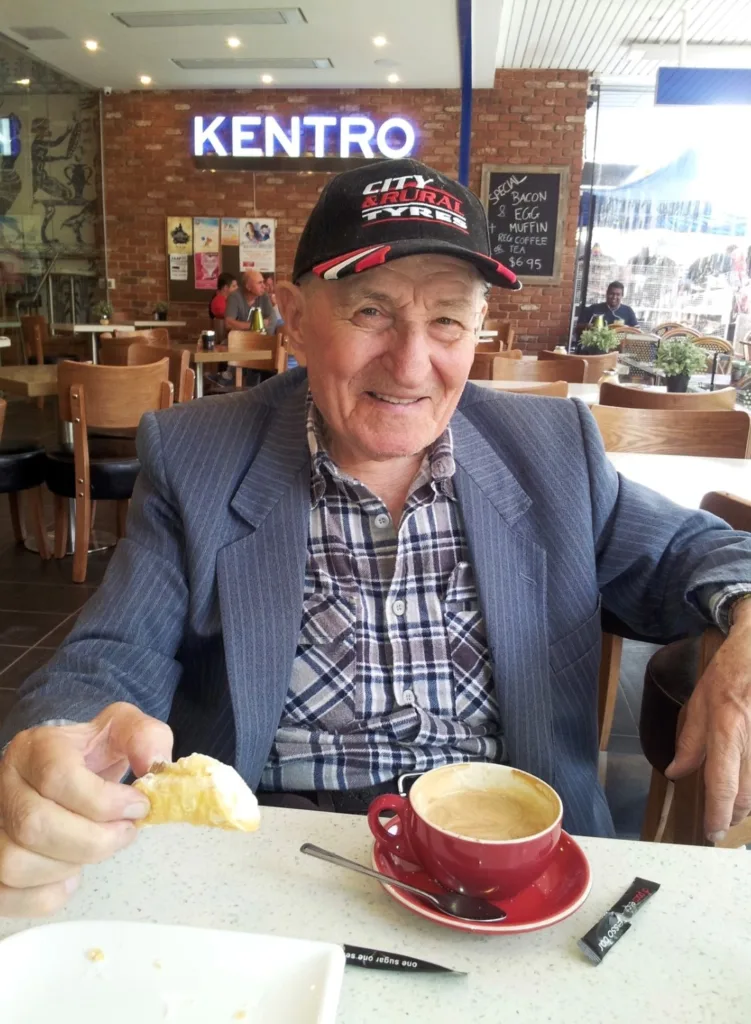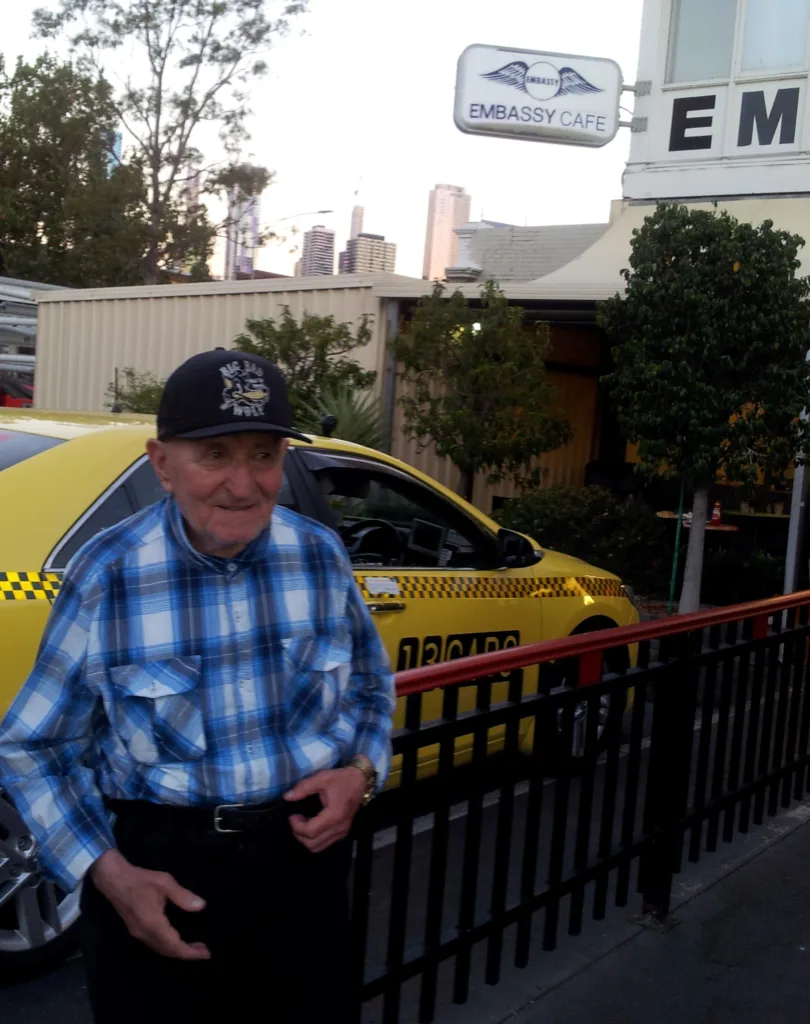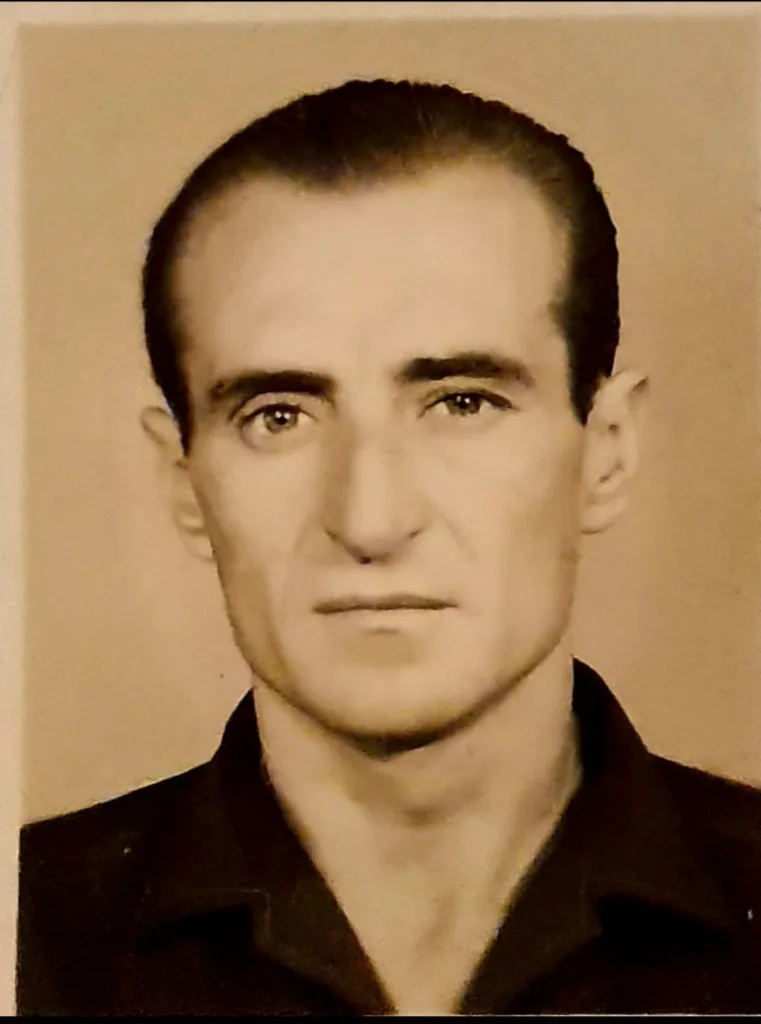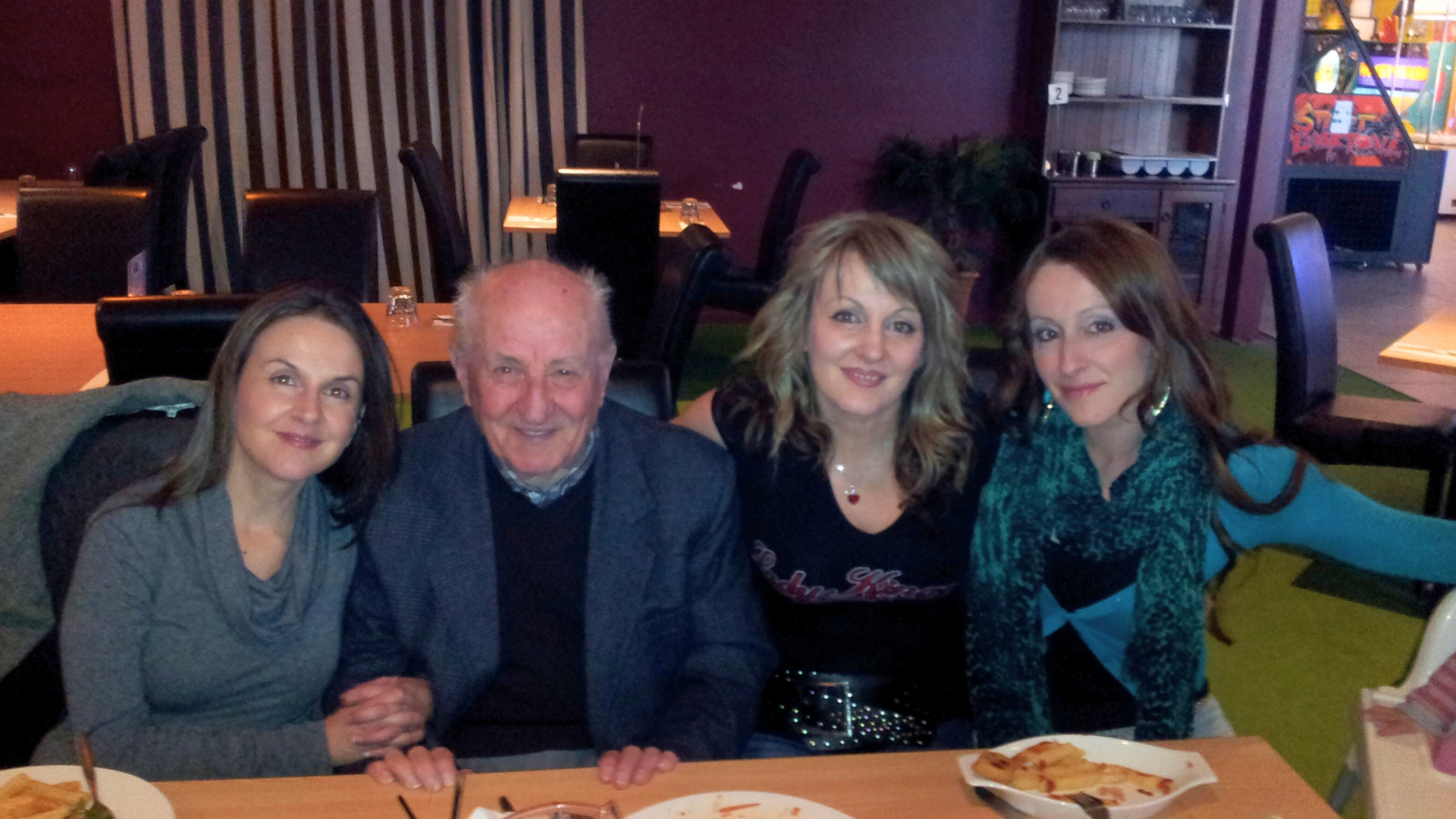There are more than 421,000 Australians who live with dementia and around 1.6 million people are involved in their care. The effects of dementia vary but generally, dementia affects your mood, memory, thinking and behaviour.
A family’s account of dealing with dementia
When her father was diagnosed with dementia, Anna Forgac from Melbourne turned to Dementia Australia for advice, support and information. Dementia is the second leading cause of death in Australia, but it can be difficult for families to navigate and support their loved one.
On behalf of her mum and sisters, Anna has shared their story to The Greek Herald, revealing how the family has banded together to care for their beloved husband, father and grandfather once he was diagnosed with dementia.
Evangelos Dimitroulis, 87, was looked after at home by his wife Dimitra, 82, and daughters until he deteriorated – going missing, not taking medication and falling at home.
The family was faced with a tough decision on how to best care for him. Six years ago, they knew it was time for Evangelos to receive the care he required in the appropriate aged care facility.

The husband and father
Evangelos arrived in Australia in 1968 from Agrinio and, as was the case with many Greeks, he married Dimitra by proxy the following year. Soon after their family was complete with three daughters, Lambrini, Tina and Anna.
He worked as a taxi driver for a company called Embassy for 30 years and it was a job that gave him joy, Anna said.
“Dad absolutely loved his job – he loved meeting people,” she said. “He was very adventurous, and it was the core of who dad was.”
While Evangelos worked the taxi, his wife stayed home to raise their three daughters. The family like to remember their dad as someone who took a keen interest in people, politics, Greece and had a life-long passion for learning. Evangelos wanted to learn more about philosophy and would attend workshops at RMIT University to further his knowledge.
“Dad genuinely loved the history of Greece and planted the seeds of our heritage,” Anna said.
“He was proud of who we were and us. We weren’t brought up the same way as every other family. Even though he embraced his heritage – dad encouraged us to be freethinkers.”

A steady decline
Ten years ago, Evangelos experienced an angina attack that required surgery and was never the same. After the operation, he experienced post-operative delirium due to the complex surgery and the family noticed changes in his behaviour.
“Dad presented with signs of dementia but there were things that didn’t disappear after the operation – he showed confusion of everyday things, he didn’t know where he was, and was talking about being back in the village at a paniyiri,” Anna said.
“Dad would recognise us but remember us from a younger age. He would talk to me as if I was ten years old.”
Other signs the family noticed was that Evangelos was not as careful with hygiene as he once was. The changes in his behaviour became more noticeable by Anna when her parents came to stay with her for a week or so at a time.
“I started to realise that dad would confuse the bedroom with the laundry,” she said.
“It got to a point where he wasn’t as advanced (with dementia) but he wasn’t taking medications. He was walking to the shops and we couldn’t find him. He was collapsing at home and mum wasn’t able to pick him up.
“Mum wasn’t able to provide the 24-hour care that he needed. He needed someone to monitor him with the medications. It wasn’t giving dad or mum a good quality of life.”

Banding together
The family contacted Dementia Australia for advice and support on dementia and after much thought over the decision, Evangelos was placed in an aged care facility. Each week the family – Anna, her sisters, grandchildren and Dimitra – take turns to visit Evangelos.
“It’s a hard decision to make… you never want to be in that position, but you want to ensure their needs are met and that they are getting the best care,” Anna said.
“We had called Dementia Australia as there was a lot of conflicting information. They were really helpful in guiding on the next steps.
“We make sure we treat him as if he were at home (and) we do a lot of personal care such as giving dad a massage, trimming his hair, feeding him, reading the paper and playing Greek music.”
Special moments to remember
The family takes comfort that when they visit Evangelos, they see the gentle side, the loving side of a husband, father and grandfather. That has not been eroded.
“You enter the room – you can sense that he feels the love – he smiles,” Anna said.
“Dad loves us. Dad was kind to everyone. His personality and loving nature will never change.”
Dementia Australia is the national peak body supporting people living with dementia, their families and carers. Their website resources are translated into Greek and 40 other languages: dementia.org.au/languages/Greek
For information or support call the National Dementia Helpline 1800 100 500.
If you need an interpreter contact the National Dementia Helpline through the Telephone Interpreting Service on 131 450.
